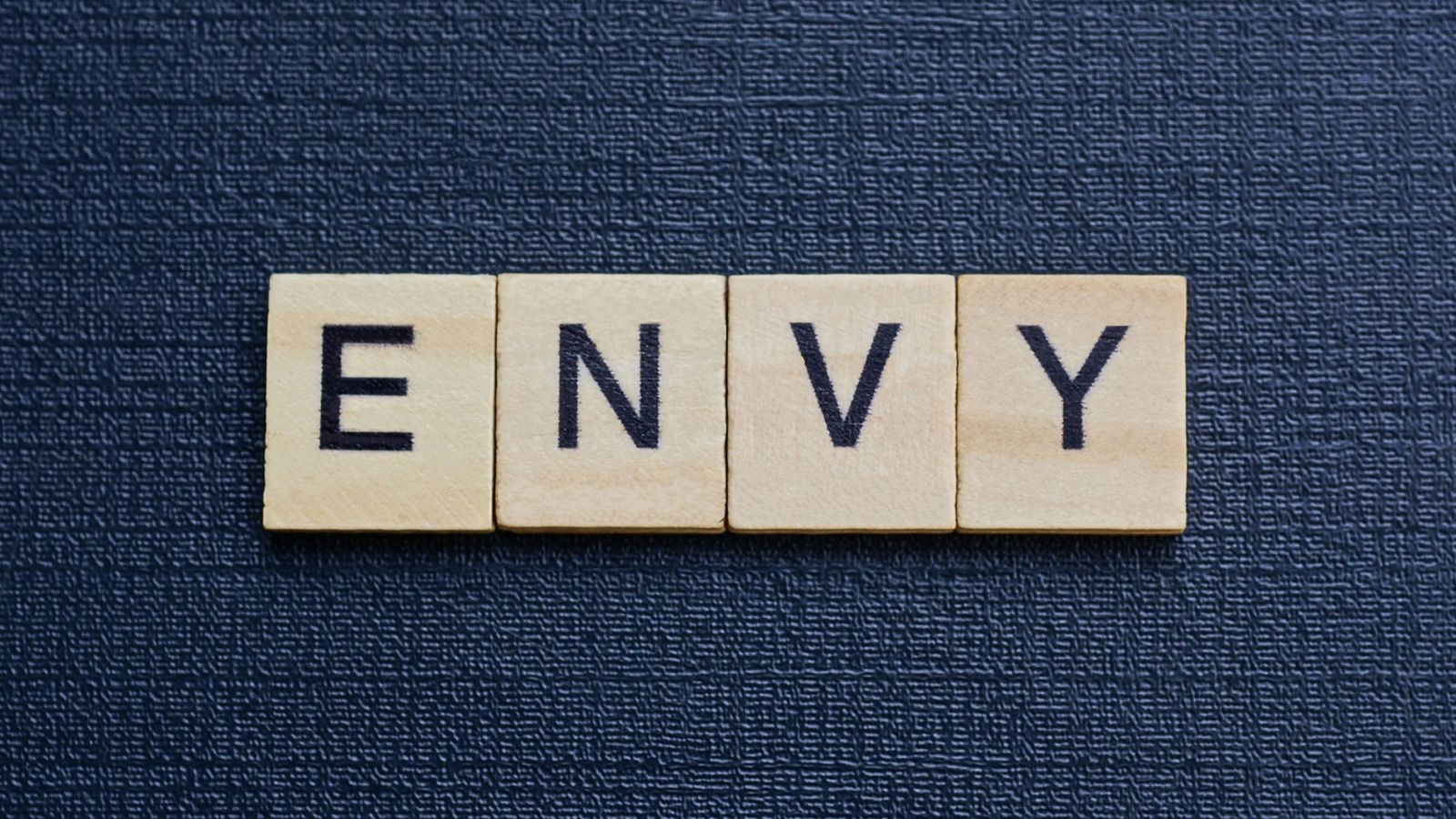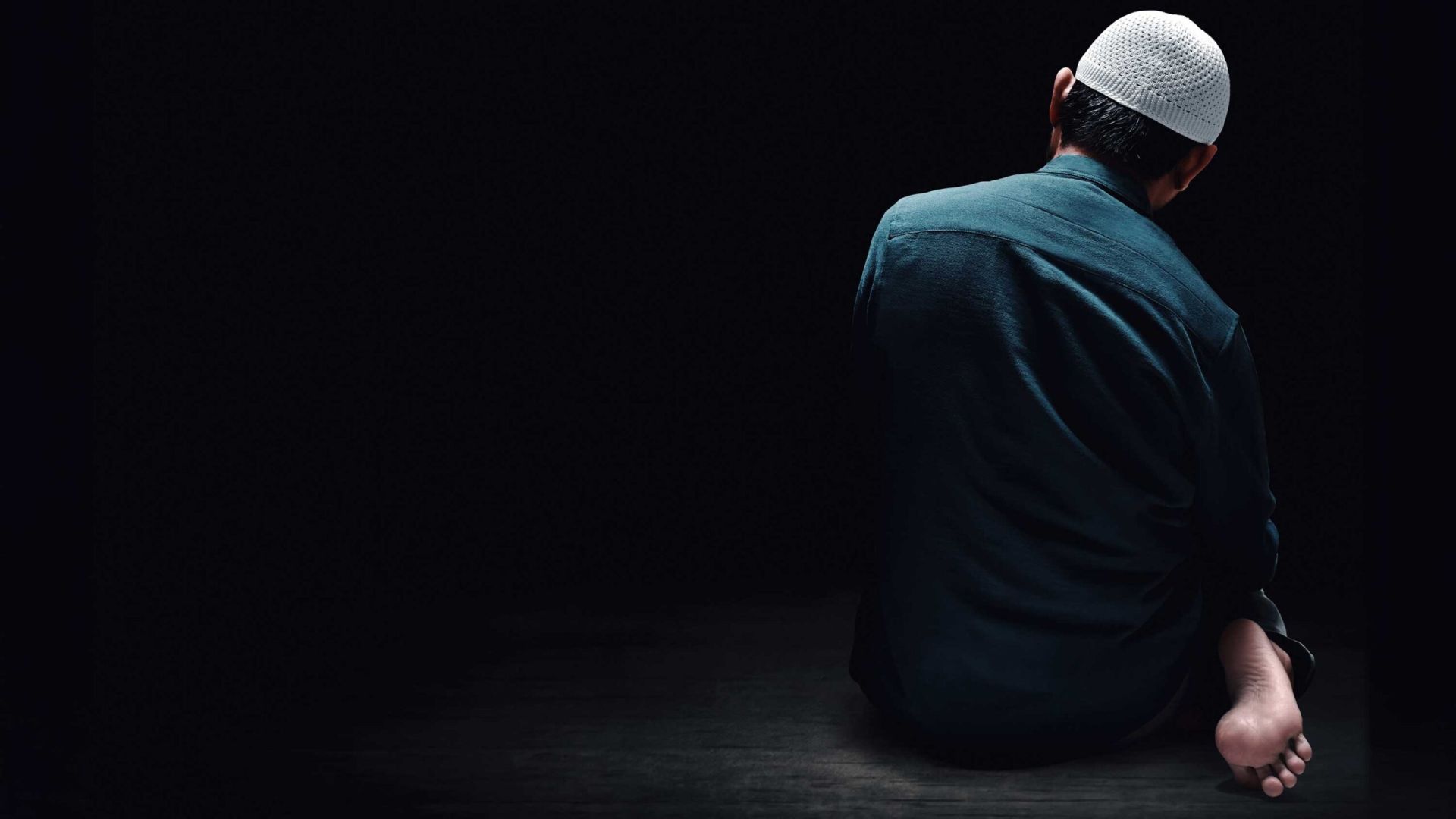The Islamic Perspective on the Common Practice of Clapping Hands
Imām ʿAbd al-ʿAzīz ibn Bāz, Imām Muḥammad ibn Ṣālih al-ʿUthaymīn, Al-ʿAllāmah ʿAbd al-Muḥsin al-ʿAbbād
The Islamic Perspective on the Common Practice of Clapping Hands
Imām ʿAbd al-ʿAzīz ibn Bāz, Imām Muḥammad ibn Ṣālih al-ʿUthaymīn, Al-ʿAllāmah ʿAbd al-Muḥsin al-ʿAbbād


Clapping Hands at Parties, Gatherings, and Weddings: An Act That Imitates the Disbelievers
[Q]: What is the Islamic ruling on men and women clapping at parties and gatherings?
Imām ʿAbd al-ʿAzīz ibn Bāz answers:
[A]: This is among the practices of the pre-Islamic time of ignorance and should—at the very least—be considered makrūh (disliked). Although the most apparent ruling in consideration of the evidence in this matter is complete impermissibility. This is because the Muslims have been forbidden from seeking resemblance to the disbelievers, and Allāh—the Glorified—has described the disbelieving pagans of Makkah saying:
وَمَا كَانَ صَلَاتُهُمْ عِندَ الْبَيْتِ إِلَّا مُكَاءً وَتَصْدِيَةً
“Their ṣalāh (prayer) at the House (of Allāh, i.e. the Kaʿbah at Makkah) was nothing but whistling and clapping of hands.”
(Al-Anfāl, 8:35)
Instead, when a person either hears or observes that which he deems astonishing or impressive, it is Sunnah for him to say either ’Subḥānallāh (Glory be to Allāh)’ or ‘Allāhu Akbar (Allāh is the greatest)’. In such circumstances, these are the statements that were authentically narrated from the Prophet (صلى الله عليه وسلم) in multiple aḥādīth. Clapping has only been Islamically legislated for women in order to garner attention during ṣalāh if they are in the presence of men and the imām commits an error in the ṣalāh being performed. As for the men in this situation, it is legislated for them to say the tasbīḥ loudly, as authentically confirmed in the Sunnah of the Prophet (صلى الله عليه وسلم).1 As such, clapping for men specifically represents not only a form of seeking resemblance to the disbelievers but also to women, both of which are forbidden in Islām. And with Allāh belongs true guidance.2
Clapping Hands at Parties, Gatherings, and Weddings: A Meaningless, Futile Behaviour
Imām Muḥammad ibn Ṣāliḥ al-ʿUthaymīn said:
As for general clapping during gatherings and parties, we do not approve of it. This is because it represents a meaningless, futile action. As such, men should not clap their hands during such occasions nor should women. This would also apply to weddings.3
Furthermore, clapping in gatherings was never narrated as a practice of the pious predecessors. Instead, when they were acquainted with that which impressed or fascinated them, they would say the tasbīḥ at times or the takbīr at others. Having said this, they would also never engage in a collective takbīr or tasbīḥ, saying it together in chorus. Rather, each of them would say it to themselves without raising their voices to the extent that the person next to them would hear. Thus, completely abandoning the practice of clapping in such gatherings represents a superior course of action. However, we are unable to issue a ruling of complete impermissibility (taḥrīm). This is because clapping has become a rampant practice among modern-day Muslims, but they do not engage in it as a form of worship. For this reason, it is incorrect to deem it impermissible citing the āyah that describes the Makkan pagans: “Their ṣalāh (prayer) at the House (of Allāh, i.e. the Kaʿbah at Makkah) was nothing but whistling and clapping of hands”. This is because this āyah is referring specifically to the pagans who used to clap their hands in front of the House of Allāh as a form of worship. As for those who, in our current time, clap their hands upon being acquainted with that which impresses or fascinates them, they are not doing so as a form of worship. To summarise, complete abandonment of clapping is superior and more exemplary, but it should not be considered ḥarām.4
[Q]: Does it not represent a form of seeking resemblance to the disbelievers [which is harām]?
[A]: There is no inherent resemblance in this act because the Muslims of today engage in it as well. Ibn Ḥajar narrated from Imām Mālik in Fatḥ al-Bārī that if a particular action becomes wide-spread to the extent that it is practiced by both the Muslims and the disbelievers alike, then seeking of resemblance can no longer be alleged by means of it. This is because seeking resemblance only pertains to distinguishing actions that are characteristically associated with the disbelievers. If this specificity is absent, then resemblance can no longer be claimed.5
Clapping for the Purpose of Encouragement and Approval
Al-ʿAllāmah ʿAbd al-Muḥsin al-ʿAbbād said:
Clapping for the purpose of encouragement was never narrated in the Sunnah of the Messenger of Allāh (صلى الله عليه وسلم). Rather, when acquainted with that which is impressive or exemplary, it is legislated for one to say the takbīr, not clap his hands. For this was the habit of the companions of the Messenger of Allāh (صلى الله عليه وسلم) upon being acquainted with that which they deemed favourable or good. As it was authentically confirmed that, when the Messenger of Allāh (صلى الله عليه وسلم) said: “It is my hope that you will represent half of the denizens of Paradise” they responded with the takbīr.6 Also, in the ḥadīth in which ʿUmar ibn al-Khaṭṭāb (رضي الله عنه) heard the news that had spread, which seemed to indicate that the Prophet (صلى الله عليه وسلم) had divorced his wives, he (رضي الله عنه) approached him (صلى الله عليه وسلم) in a state of anger, finding him sitting separate from his wives. ʿUmar (رضي الله عنه) said: “O’ Messenger of Allāh! Have you divorced your wives?” He (صلى الله عليه وسلم) replied: “No”. Upon hearing this, ʿUmar said the takbīr to communicate his relief and happiness at this good news.7 Note here that he (رضي الله عنه) did not clap his hands but, rather, he said: ‘Allāhu Akbar”.8
Imām Muḥammad ibn Ṣāliḥ al-ʿUthaymīn said:
If someone was to stand up right now and randomly begin clapping, what would you surmise regarding him? Would you think that such a person possessed complete mental faculties or that he was insane? Then, does clapping not only occur with a reason? Therefore, if it is done on the occasion of a person who has managed to gain distinction over his peers through a grandiose achievement or success, or he has managed to cite the correct answer to a question that was posed to him, or something akin to this, then I do not see anything wrong with clapping for such a purpose. As for the statement of the Messenger (صلى الله عليه وسلم): “When presented with a need [for notification] in ṣalāh, the men should say the tasbīḥ and the women should clap.”9, this is specific to the ṣalāh. As for the saying of the Most High: “Their ṣalāh (prayer) at the House (of Allāh, i.e. the Kaʿbah at Makkah) was nothing but whistling and clapping of hands”, this is referring to the type of worship that the Makkan pagans used to practice next to Masjid al-Ḥarām instead of performing ṣalāh with rukūʿ and sujūd.
In this circumstance, if a person observes another who has managed to set himself apart from his peers because of his achievements and he wishes to encourage him further, galvanising him to continue his efforts, and he does so by clapping, then I do not see anything wrong with this action.10
To further clarify my position in this matter, despite my opinion that clapping for the purpose of encouraging students is permissible, this should not be misconstrued to indicate that I am commanding people to clap. I am not commanding it, but at the same time I am not forbidding it.11 It should also be stated here that if one is aware that clapping—even for this purpose—will anger some of those in attendance, then it is better for him to avoid it altogether. This is because breeding an atmosphere of familiarity, amicability and comfort is a most worthwhile goal, while clapping is, at the very most, merely permissible. Therefore, if abandoning it facilitates the establishment of mutual love, respect and feelings of brotherhood, then not clapping is undoubtedly better.12
Clapping as a Form of Worship or Religious Entertainment
Imām Muḥammad ibn Ṣāliḥ al-ʿUthaymīn said:
As for the clapping that is done for the purpose of futile, playful, mockery like the applause associated with the singing of anāshid [so-called ‘Islamic’ songs], then this is absolutely impermissible. Likewise, the clapping done as a form of worship associated with certain Ṣūfī practices should be considered even more severely impermissible as it represents an objectionable innovation. It also bears resemblance to the clapping done as worship by the Makkan pagans during the pre-Islamic time of ignorance as described in the āyah “Their ṣalāh (prayer) at the House (of Allāh, i.e. the Kaʿbah at Makkah) was nothing but whistling and clapping of hands”.
Endnotes:
[1] Please also see The Rulings and Mannerisms of Notifying the Imām of a Mistake or Need While Praying by Imām Muḥammad ibn Ṣāliḥ al-ʿUthaymīn.
[2] Source: Majmūʿ Fatāwá 4:151. See also Fatāwá al-Lajnah al-Dāʾimah:15956.
[3] Source: Liqāʾ al-Bāb al-Maftūḥ 11:70.
[4] Source: Fatāwá Nūr ʿalá al-Darb 2:24.
[5] Source: Liqāʾ al-Bāb al-Maftūḥ 21:203
[6] Authentic: narrated by al-Bukhārī: 3348.
[7] Authentic: narrated by al-Bukhārī: 5181.
[8] Source: Sharḥ Sunan Abī Dāwud 33:119.
[9] Authentic: narrated by al-Bukhārī: 6767.
[10] Source: Liqāʾ al-Bāb al-Maftūḥ 12:119.
[11] Source: Liqāʾ al-Bāb al-Maftūḥ 21:203.
[12] Source: Liqāʾ al-Bāb al-Maftūḥ 23:116.
Compiled and translated by: Riyāḍ al-Kanadī
Most Popular: Last 30 Days

Everyone’s Speech Is Subject to Acceptance or Rejection Except the Prophet (ﷺ)

The Beautiful Names of Allāh: How to Practice What They Entail in Our Lives










